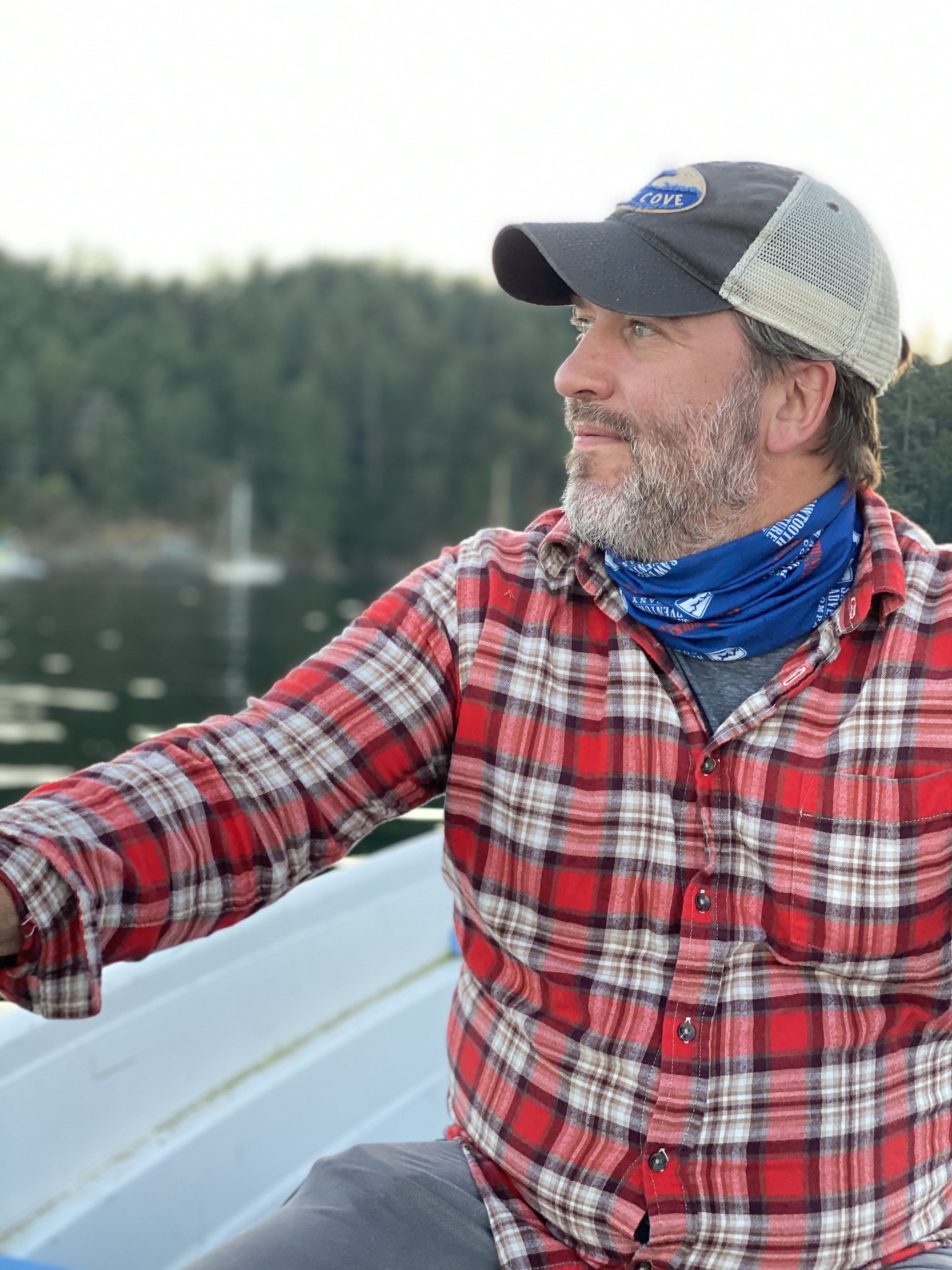Dr. Paul Bourdeau | California State Polytechnic University, Humboldt
Presenting: "The effects of environmental change on the importance of non-consumptive predator effects in the rocky intertidal zone"
Hosted by the Invertebrate Ecology Lab
MLML Seminar | May 7th, 2025 at 4pm (PDT)

Dr. Paul Bourdeau
Dr. Paul Bourdeau is an Associate Professor of Marine Biology and Ecology at Cal Poly Humboldt, where he also serves as the Graduate Coordinator for the Department of Biological Sciences and the interim director of the Telonicher Marine Laboratory. A native of southeastern Massachusetts, Dr. Bourdeau earned his BS in Biology and MS in Marine Biology from the University of Massachusetts Dartmouth, followed by a PhD in Ecology and Evolution from Stony Brook University. He conducted postdoctoral research at Michigan State University before joining Humboldt in 2014. Dr. Bourdeau’s lab’s research focuses on how marine organisms respond to environmental changes, particularly those induced by human activities, such as the introduction of non-native species and climate change.

